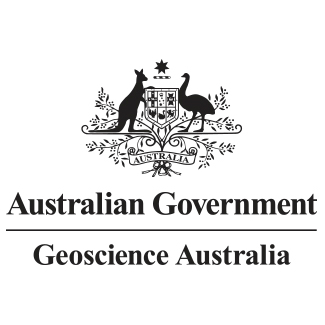Full description
The Davis Coastal Seabed Mapping Survey, Antarctica (GA-4301 / AAS2201 / HI468) was acquired by the Australian Antarctic Division workboat Howard Burton during February-March 2010 as a component of Australian Antarctic Science (AAS) Project 2201 - Natural Variability and Human Induced Change on Antarctic Nearshore Marine Benthic Communities.The survey was undertaken as a collaboration between Geoscience Australia, the Australian Antarctic Division and the Australian Hydrographic Service (Royal Australian Navy). The objectives were to provide multibeam bathymetry and backscatter of the coastal region of the Vestfold Hills around Davis Station, Antarctica, to aid the understanding of sea bed character, benthic habitats, provide a basis for hydrodynamic modeling of water movement around Davis, and to update and extend the navigational charts of the region.
Lineage
Maintenance and Update Frequency: notPlannedIssued: 2013
text: westlimit=77.74; southlimit=-68.68; eastlimit=78.11; northlimit=-68.5
User Contributed Tags
Login to tag this record with meaningful keywords to make it easier to discover
Geoscience Australia - Antarctica page
uri :
http://www.ga.gov.au/marine/antarctica.html![]()
Related Product - Coastal Seabed Mapping Survey, Vestfold Hills, Antarctica, February-March 2010 (AAS 2201) - Post Survey Report (Related Product)
uri :
https://pid.geoscience.gov.au/dataset/ga/71368/![]()
Complete Download (File download)
uri :
https://d28rz98at9flks.cloudfront.net/76730/4301_davis_harbour.zip![]()
- DOI : 10.4225/25/562EC940BBDDA

- Local : pid.geoscience.gov.au/dataset/ga/76730
- global : e2133896-4d6c-30d2-e044-00144fdd4fa6


